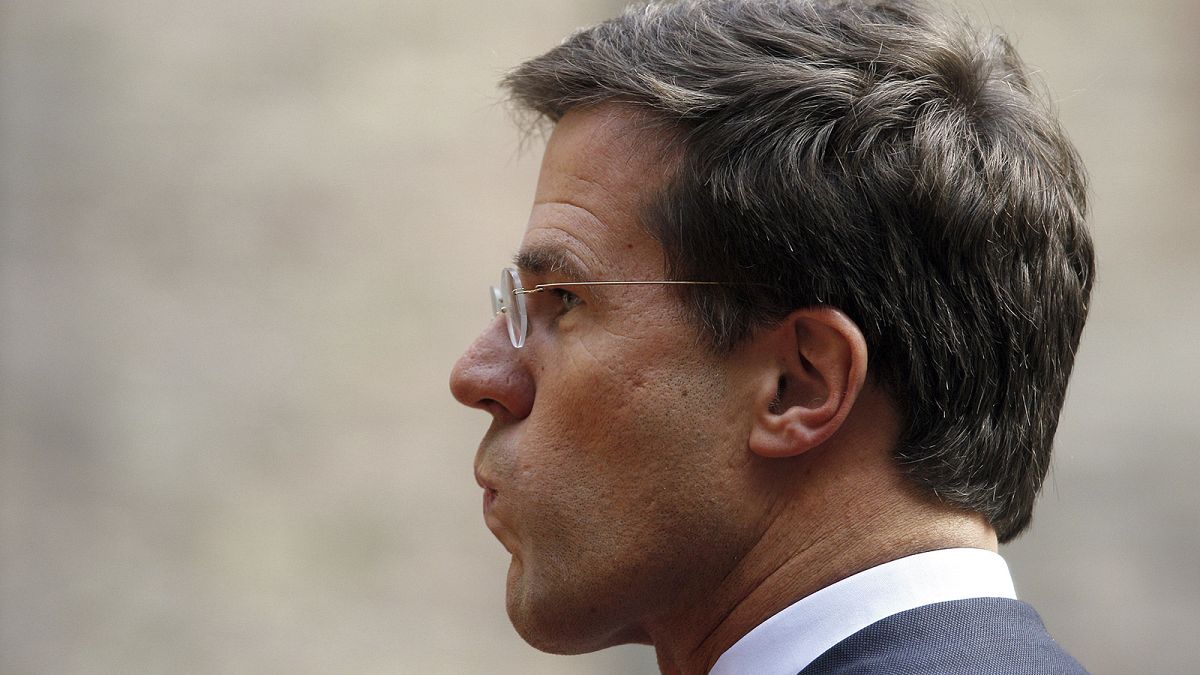Mark Rutte, the former Dutch Prime Minister, has taken over as the secretary general of NATO. Analysts suggest that Rutte will need to utilize his political survival skills and negotiation abilities to convince member states to increase spending on defense and continue supporting Ukraine. Rutte’s 14 years of experience leading coalition governments in the Netherlands have prepared him for this role. He is known for his political flexibility, craftiness, and pragmatism, earning him the nickname of “Teflon Mark.”
Rutte’s involvement in the delivery of 24 Dutch F-16 fighter planes to Ukraine despite Russian warnings demonstrates his commitment to international relations. With the recent conclusions of the Washington summit pledging €40 billion of military aid per year for Ukraine, Rutte’s role as NATO secretary general is clear. He will be responsible for managing and coordinating the funding and military support for Ukraine in its conflict with Russia, a task previously handled by the US-led Rammstein Group.
As NATO secretary general, Rutte’s primary responsibilities will include coordinating and creating consensus among member states, mediating common policies, and addressing economic issues related to defense spending. Rutte’s experience as a representative of the “frugal states” club during the EU’s debt crisis could be beneficial in navigating financial challenges within the alliance. With the alliance facing an increasingly polarized world and geopolitical uncertainties, Rutte’s leadership will be crucial in maintaining unity among member states.
Rutte’s diplomatic skills and ability to negotiate compromises have been highlighted by experts in the field of security and defense. Despite facing challenges and political scandals during his time as Prime Minister, Rutte has proven his ability to bring parties together and create bridges. As NATO secretary general, Rutte will be required to maintain good relations with key allies such as France, Germany, the UK, and the US. His background in free-market principles and strong transatlantic relations aligns with the values of the alliance.
Rutte’s tenure as NATO secretary general coincides with crucial global events, including the US presidential elections and the effectiveness of military support in Ukraine. The fragility of the contemporary political order has put international organizations like NATO to the test. Rutte’s role in fostering unity among member states in the face of diverse strategic interests and threats will be essential in ensuring the alliance’s continued effectiveness.
With challenges such as reaching the 2% defense spending target and addressing the war in Ukraine, Rutte faces complex issues in his new role. His pragmatic approach to foreign policy and past experiences have shaped his views on international relations, particularly in dealings with Russia. The downing of the MH17 flight in 2014 marked a turning point in Rutte’s attitude towards Russia and solidified his commitment to transatlantic relations.
As Rutte navigates his position as NATO secretary general, he will be tasked with bridging divisions among member states, addressing security concerns, and guiding the alliance through an increasingly uncertain global landscape. His ability to forge compromises, build consensus, and lead with diplomacy will be crucial in navigating the challenges facing NATO in the coming years.











